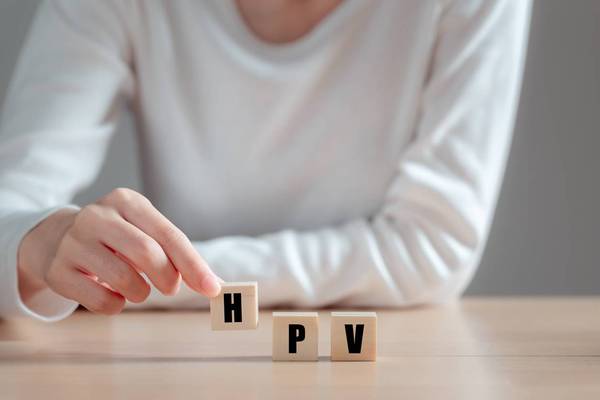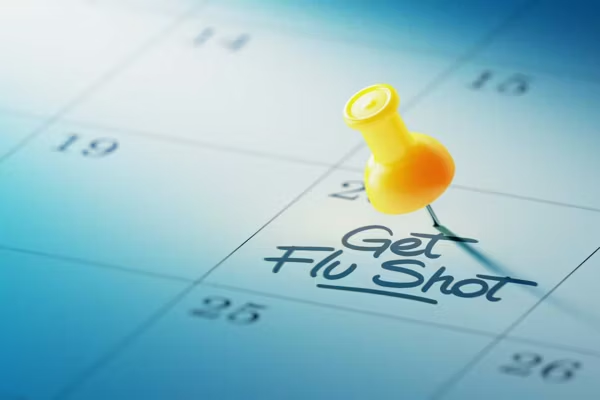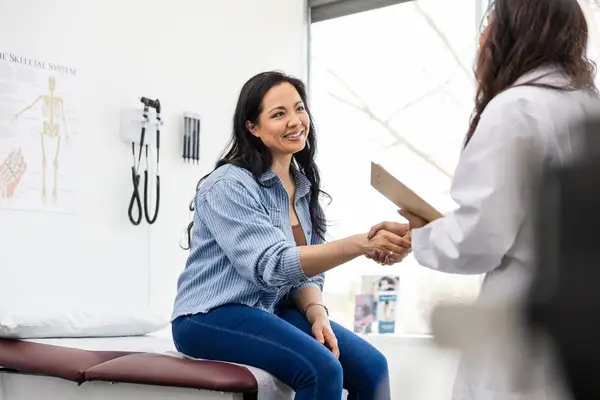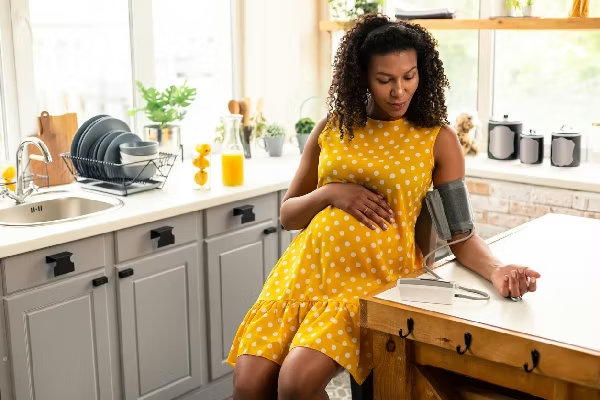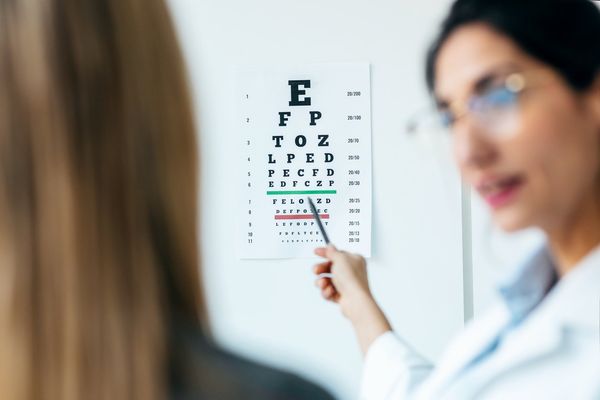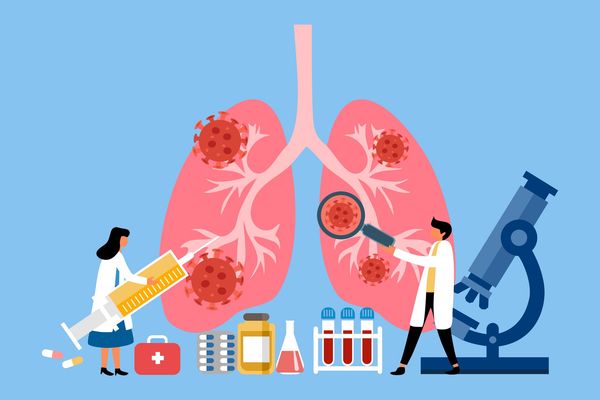Designed by Megan Schofield
Wellness visits can help you find problems early when they may be easier to treat and give you a chance to share your health concerns, ask questions and stay current with recommended vaccinations.
The Women’s Preventive Services Initiative (WPSI), sponsored by the United States Health Resources and Services Administration (HRSA), recommends that women get annual preventive visits starting in adolescence and continuing throughout life.
Depending on your risk factors, your healthcare provider may recommend different screenings or vaccinations.
For women of average risk, here’s what to expect at annual wellness visits in each decade:
30s
Wellness visits in your 30s should include routine mental health screening, including screening for tobacco, alcohol and substance use. Checkups should include screening for obesity, high blood pressure, hepatitis C, HIV and cervical cancer. Certain screenings need to be done at least once, such as hepatitis C, so you may want to get those done now.
This is also the decade when many women begin having children. The median age of first-time motherhood in the United States is 30. On the other hand, 22% of women in their 30s experience infertility or difficulty conceiving. Prenatal care and support for infertility may be important at this age.
40s
Women in their 40s begin to face increased risks of certain cancers and should start getting screened for breast and colorectal cancer. Mammograms are recommended every year beginning at age 40 for women at average-risk, and colonoscopies are recommended starting at age 45. Depending on your risk factors, such as family history or genetic profile, you may need to get screened sooner.
Though the average age of menopause (when you’ve gone 12 straight months without getting your period) is 51, menopause can happen in your 40s and sometimes earlier. No matter when you stop getting your period, you can experience symptoms of menopause or perimenopause as many as four to eight years before.
50s
Women in their 50s need many of the same screenings as younger women, such as mental health and substance use screening, obesity screening and counseling, and ongoing cancer screening. Cardiovascular disease is the number one killer of women, so screening for heart disease risk factors, such as cholesterol, are important at this age. And once you turn 50, it’s time for the shingles vaccine.
This is also the decade when many women experience menopause, which can bring a host of subtle and uncomfortable symptoms that can be hard to recognize. From irritability and night sweats to loss of hair or hair growth, emotional and cognitive changes and disrupted sleep, menopause symptoms can be truly far-reaching. Women experiencing symptoms, even if they still get their period, should talk to their healthcare provider about potential treatments.
60s
Women in their sixties continue to need many of the same screening as younger women, but some new risks emerge. Specifically, the risk of osteoporosis increases as women lose bone mass after menopause. Pneumococcal vaccines and others are recommended for people of average risk once they reach 65. Other vaccines, such as MMR, stop being recommended.
Even though you no longer need to worry about contraception or pregnancy, if you’re sexually active with multiple partners, you still may need screening for sexually transmitted infections.
Recommended Vaccinations
30s | 40s | 50s | 60s | |
Annual flu shots | X | X | X | X |
One dose of Tdap (tetanus, diphtheria, pertussis) every 10 years | X | X | X | X |
One to two doses of MMR (measles, mumps, rubella) | X | |||
Two doses of VAR (varicella) for people born after 1980 | X | |||
Two to four doses of hepatitis B vaccine | X | |||
Pneumococcal vaccines (one dose of PCV15 followed by one dose of PPSV23 OR one dose of PCV20) | X | |||
Two doses of shingles vaccine | X | X |



